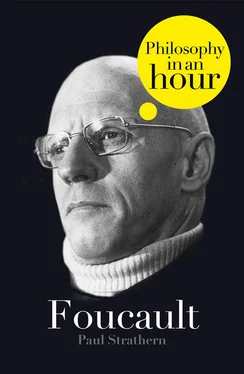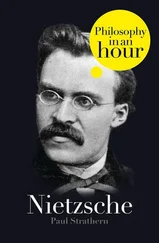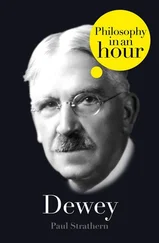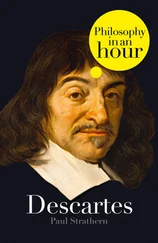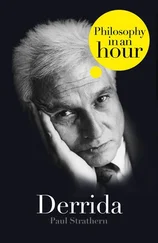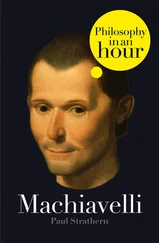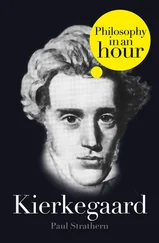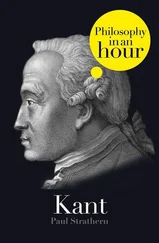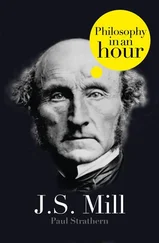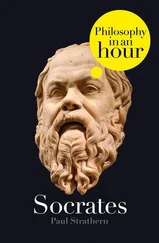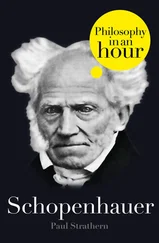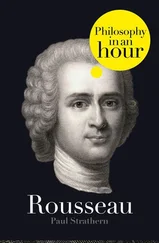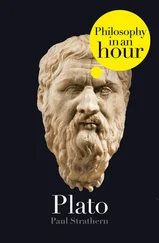Foucault also attracted the attention of Louis Althusser, who was then a young instructor at the ENS. During the war Althusser had survived five years in concentration camps, and as a result had become a convinced Marxist. He was now developing Marxist theory in what would later be seen as a structuralist direction. In reading Marx, he argued, one had to look beyond the surface text. It was necessary to be aware of the ‘horizon of thought’ that limited Marx’s language and concepts to his particular historical period. One had to try to understand the fundamental problems that Marx was actually dealing with (even though he may not always have been aware of them himself). Althusser persuaded Foucault to become a member of the French Communist Party (PCF). Despite its Stalinism, the PCF remained a major political force in France, largely as a result of the heroic role it had played in the Resistance during the Nazi occupation. But Foucault felt ill at ease with the party and attended few meetings. Having come to terms with his sexuality and accepted its centrality in his life, he was not enamoured to hear homosexuality dismissed by the party as mere ‘bourgeois decadence’. (Althusser was to remain a leading Marxist influence on students at the ENS for well over thirty years, until he strangled his wife in 1981. As a result, he spent his last decade confined in an asylum, where he wrote a brilliant autobiography in which he confessed how little Marx he had actually read).
In 1951 Foucault took his final exams, achieving a brilliant result – as usual, on the second try. He was now faced with the prospect of military service. His record of ‘depression’, however, together with what appears to have been some family string-pulling, ensured that he was excused this waste of two years. He now continued working as an instructor at the ENS, specialising in philosophy and psychology. His interest in the latter led him to become a frequent visitor to the psychiatric unit at the Hôpital Sainte-Anne. Here he soon came to be regarded as virtually an unpaid member of staff, and was even allowed to deal with patients in a clinical capacity. Back at the ENS he became renowned for giving students Rorschach association tests ‘so I can know what’s on their mind’.
But all this was more than just inkblot tests on good-looking students, and a former patient helping run the asylum. Foucault was now beginning to ask serious questions about psychology, questions that went beyond the promptings of Althusser. How could one study ‘experience’ scientifically? Human existence was not amenable to objective study: it must be approached by way of its humanity. This could be done by studying the very concept of humanity and how it had evolved.
Foucault now discovered the philosopher who was to transform his entire understanding. Chronologically Nietzsche had preceded and heavily influenced Heidegger; it was as if Foucault was discovering the very roots of his own thinking. Through the long hot August of 1953 Foucault lay on the beach at Civitavecchia (the ancient port of Rome), avidly absorbing the message of the ‘philosopher of power’. Nietzsche held up the example of ancient Greece, where the self-destructive forces of Dionysian frenzy achieved both power and beauty when they were contained within the clear, clean discipline of Apollonian form. Both were equally necessary, and this applied to the individual as well as the work of art. The truth about oneself was not ‘something given, something which we have to discover – it is something we must create ourselves’. Even humanity itself was simply a social structure, created by changing and contingent cultural forces. This was just the message that Foucault had been waiting to hear. Before reading Nietzsche, he said he had the feeling he ‘had been trapped’. Now he understood that he was free to create himself as he saw fit.
But there were wider lessons to be learned here. Just as Foucault had suspected, humanity could be studied only by tracing the history of its development. It was as if his subjective existence and his understanding of humanity itself had suddenly come together. He read: ‘Man needs what is most evil in him to achieve what is best in him…. The secret of harvesting the greatest fruitfulness and the greatest enjoyment from existence is – to live dangerously .’ Indeed, it was the erotic that drove one to the limits of possibility. Despite such bravado, Nietzsche had almost entirely repressed his own sexuality. But Nietzsche’s message was music to a sadomasochist’s ears. And from here it was just one step to the larger picture: Nietzsche’s stress on the central role of power in all human activity struck Foucault like a thunderbolt. This was how the world worked!
Life wasn’t all philosophy, of course. Foucault was, after all, living in Paris. The up-and-coming young psychologist-cum-philosopher had now begun to socialise in the intellectual cafés of the Left Bank. One night he struck up a conversation with a young composer named Jean Barraqué. Foucault enjoyed contemporary classical music, without fully comprehending its technical complexities. Yet he soon decided that Barraqué was ‘one of the most brilliant and underrated composers of the present generation’. (Besides being a classic example of psychological self-displacement, this also turned out to be a unique judgement of great foresight, to be confirmed only after both men were dead).
Barraqué was two years younger than Foucault, an intense, highly strung artist who wore glasses to counteract his frowning shortsightedness. He drank heavily, but his powerful modernist music was suffused with clarity and formal precision. He too was a fervent admirer of Nietzsche. Foucault and Barraqué were instantly attracted to each other and were soon passionately in love. Intense philosophical discussion, alcoholic abandon, sado-masochistic sex – such were the intoxicating ingredients of their frenzied affair. Foucault was utterly absorbed; Barraqué both gave, and possessively demanded, everything. For Foucault, his life had invaded his thought, and his thought had invaded his life. For both men, music and philosophy became one. Barraqué’s Séquence , which contains a Nietzschean text suggested by Foucault, has the lines: ‘Must we not hate ourselves if we are to love ourselves…. I am your labyrinth .’ The sexuality that was sublimated in Nietzsche was lived by Barraqué and Foucault. At the same time the character of this music was to be uncannily prescient where Foucault’s historical and philosophical understanding was concerned. Another piece of Barraqué’s music from this period was described as ‘a summit of agonizing grandeur; the relentless process is coming to an end now, and Music cracks under the inhuman strain, disintegrates and is sucked into the void. Whole slabs of sound crumble and vanish beneath the all-engulfing ocean of silence.’ Not only music but history and truth could be like this, Foucault was beginning to realise. And so could love.
But no relationship could last at such a frenzied pitch. Barraqué’s possessiveness developed into a paranoid jealousy; Foucault’s wayward independence was beginning to feel stifled. And both men were aware that their drinking was getting out of hand. After one particularly volcanic row, they decided that a cooling-off period might be advisable. In August 1955 Foucault accepted a junior post at the University of Uppsala in southern Sweden. Although both men promised otherwise, their relationship would not survive the long separations they now experienced. (Barraqué continued to compose, but never again at such a pitch. His behaviour became increasingly erratic, and he died in 1973 of alcoholism).
Конец ознакомительного фрагмента.
Читать дальше
